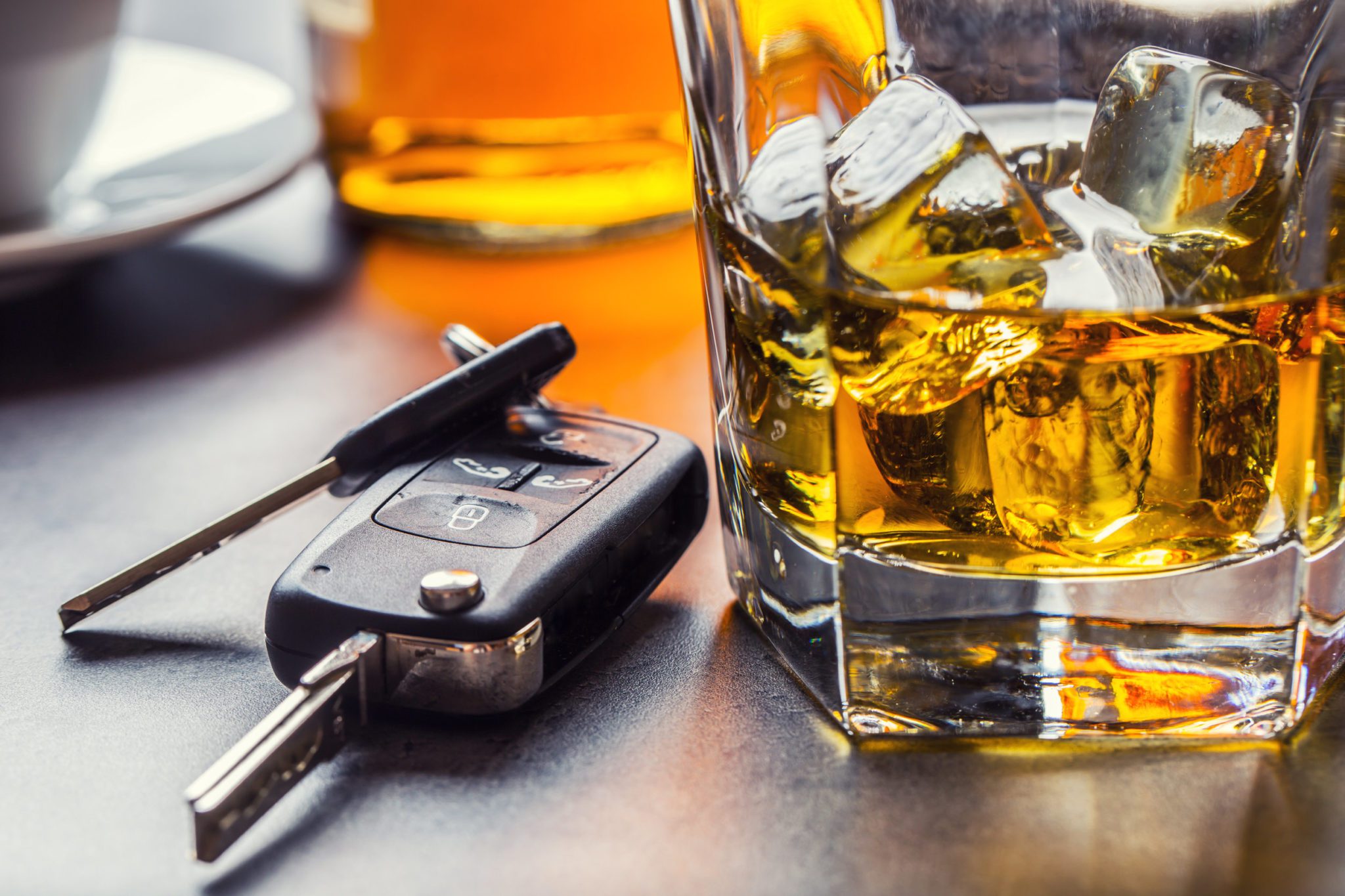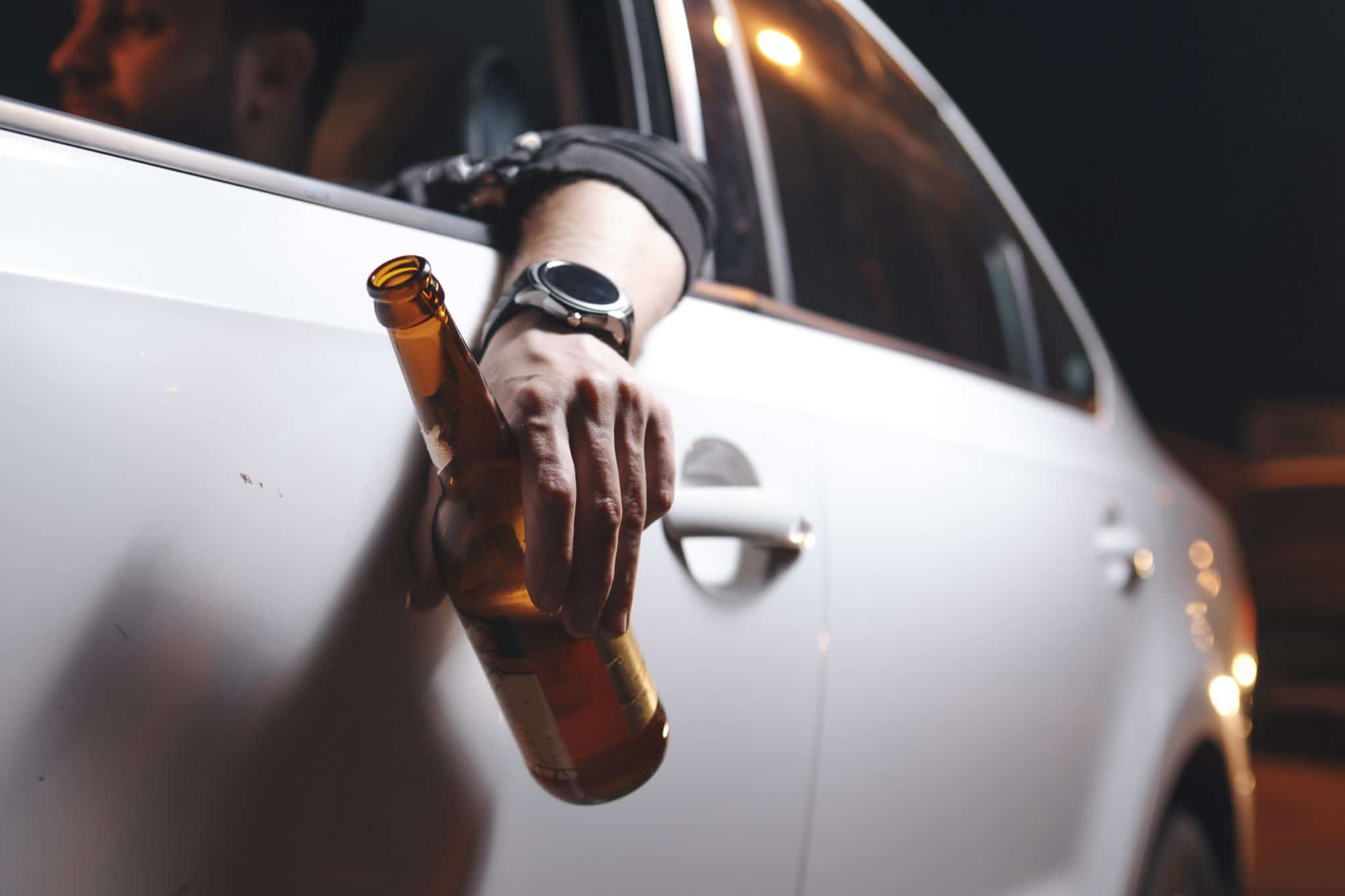Getting arrested for driving while intoxicated (DWI) in Minnesota is not at the top of anyone’s to-do list. However, for a variety of reasons, it happens. It can feel quite overwhelming when it does – especially if it’s your first time having a run-in with law enforcement.
Many people who are charged for the first time with a DWI in Minnesota are very nervous about what comes next for them as a result. Will they go to jail? Will they have their license taken away? It’s understandable to wonder what the result of a first-time offense can be.
Here’s what you need to know about getting your first DWI in Minnesota and what may lie ahead of you as a result.
What Is a DWI in Minnesota
It is illegal to drink a certain amount of alcohol and operate a vehicle in Minnesota. If you are pulled over by police and suspected of driving while intoxicated, you will be asked to take a breath test. If the results come back at 0.08 percent or greater, then you will be charged with a DWI.
Also, if you refuse a test at the scene, the law empowers police to immediately take away your driver’s license. They’ll issue a “Notice of Revocation”, but you’ll still be allowed to drive temporarily for the next seven days.
A hearing will then be scheduled for you where you can face the penalties associated with a DWI in Minnesota.
Penalties for a First DWI Offense
In many cases, a first DWI is charged as a misdemeanor offense, which is considered a fourth-degree DWI. This is the lowest offense level in the Minnesota DWI system.
If convicted, you can face as many as three months in jail and fines of $1,000 in addition to your court costs. You will also have your driver’s license revoked for three months.
Once you are able to get your driver’s license back, you are required to file special insurance with the Minnesota Department of Public Safety before you can get your license reinstated.
It is possible that a judge will look at your prior criminal history, if any, and defer parts of the penalties, perhaps putting you on probation instead of sending you to jail. However, this is at the discretion of the judge in the case.
You may also be ordered to complete a program in Minnesota for alcoholism assessment.
Aggravating Factors
If one or more aggravating factors are involved in your case, more serious penalties – even for a first offense – can be applied. Aggravating factors include:
- A blood alcohol level of 0.20 percent or higher
- A child under 16 years of age in the vehicle at the time of the incident
- A child at least 36 months younger than the driver in the vehicle at the time of the DWI
If one of these aggravating factors applies, then the case can be classified as a third-degree offense, which is a gross misdemeanor. If two or more aggravating factors are present, then it can be charged as a second-degree DWI.
Being charged with a DWI can be a scary experience, but don’t assume that a first offense won’t carry serious consequences. That’s why it’s vital to understand the charges against you and your rights under the law.
About the Author:
Christopher Keyser is an AV-Preeminent rated criminal and DWI defense attorney based in Minneapolis who is known for fighting aggressively for his clients and utilizing innovative tactics to get the most positive results. He has been featured in numerous media outlets due to the breadth and depth of his knowledge and named a Certified Specialist in Criminal Law by the Minnesota Bar Association. Mr. Keyser is Lead Counsel rated, and he has received recognition for his criminal law work from Avvo, Expertise, Super Lawyers, The National Trial Lawyers, and more.







